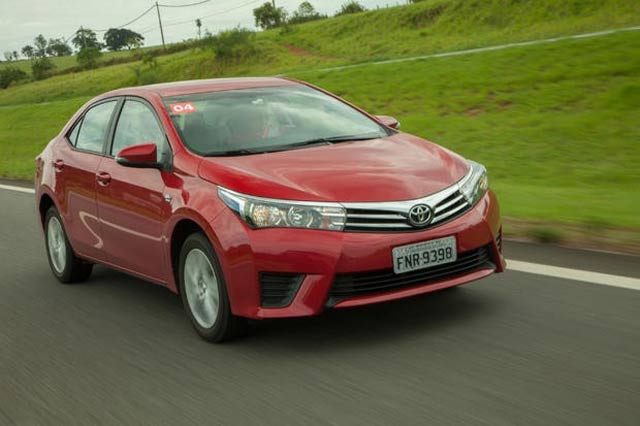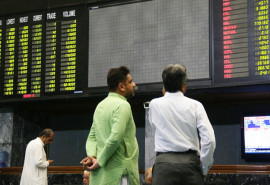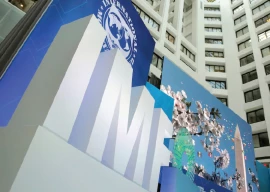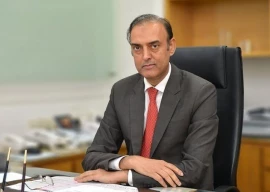
According to Jamali, the move will root out the need for a middleman in automobile transactions because they are creating an artificial shortage in the market.
“If the government places an additional charge of Rs100,000 per vehicle for those who purchase new automobiles and sell them within six months, then there will be no shortage in the market,” he said, speaking to journalists at the Pearl Continental Hotel in Bhurban.

“Nonetheless, Pakistan’s auto industry future looks very promising and I am hopeful that the country will be producing up to 500,000 cars per year by 2022,” he added.
According to industry leaders, the new auto policy for 2016-21 has provided a comfortable roadmap for investors to plan their activities. Currently, the demand for locally manufactured vehicles, along with used ones, is growing persistently for the past three years due to overall improvement in the country’s economy.
Presently, Pakistan imports over 40,000 used vehicles per year, which makes about 15% of the total sales of 283,000 units (including used imports). However, local players believe that import of used vehicles remains the biggest threat to the country’s industry.
Meanwhile, former Pakistan Association of Automotive Parts and Accessories Manufacturers Chairman Aamir Allawalla said that while used vehicles import is a big threat to the local industry, the launch of new models in the next three years will give them a much tougher competition.
“Auto companies plan for 10-15 years to get proper returns on their investments,” he said. “Therefore, they need long-term policies from the government to protect their investments from sudden shocks.”
At the moment, Pakistan has 16 cars per 1,000 people, a number analysts believe will reach up to 20 in the next couple of years due to growing and young middle-class families in the country. On the other hand, India is ahead of Pakistan with 18 cars per 1,000 people.
The auto industry is also upbeat about the China-Pakistan Economic Corridor that is expected to support the already growing transport sector of the country.
Published in The Express Tribune, April 2nd, 2017.
Like Business on Facebook, follow @TribuneBiz on Twitter to stay informed and join in the conversation.
1732071267-0/lana-(2)1732071267-0-405x300.webp)
1727242355-0/Diddy-(1)1727242355-0-165x106.webp)

1732063440-0/elon-(3)1732063440-0-165x106.webp)













COMMENTS (4)
Comments are moderated and generally will be posted if they are on-topic and not abusive.
For more information, please see our Comments FAQ